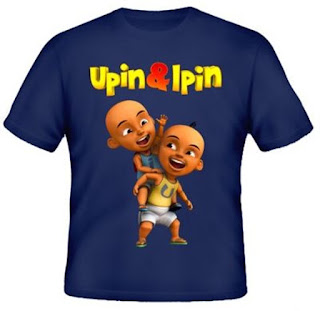Gucci vs Guess
6. Gucci vs Guess
In 2009 Gucci sued Guess for infringing on five Gucci trademarks, including the use of similar logos. This is perhaps unsurprising given that Guess has been subject to 12 copyright complaints over the last ten years. But they have successfully managed to resolve all previous situations almost immediately… until they messed with Gucci.
Guess used many of Gucci’s distinctive marks, including a green and red stripe used on handbags, the repeating, inverted GG pattern, and the company’s use of brown and beige colours, mostly used in conjunction with diamond shape patterns.
Of course, Gucci came out on top, but not in the way they had hoped for. Initially asking for $221m in damages, the judge told Gucci they were only entitled to an accounting of profits and limited the damages. In the end, Gucci only received $4.7m.
Guess was also barred from using most of their designs ever again, primarily the Quattro G patterns in brown and beige colours and the CRG stripe.
What went wrong? Gucci’s defence.
The judge concluded that “Over the years, Gucci has sent out hundreds of cease and desists letters to entities ranging from national companies such as Bebe, Juicy Couture, and Williams-Sonoma, all the way to small-time infringers, such as a counterfeiter working out of her Los Angeles apartment and a rabbi in New York, who they suspected might sell counterfeit Gucci products to benefit his synagogue.” When it came to Guess, they waited because the company was facing budgetary concerns due to counterfeiters.
This marks Guess's second victory against Gucci so far. However, in 2012, a New York court ruled that Guess was guilty of copying four of the five trademarked logos Gucci addressed in its claim. According to the judge's decision in that case, the logos in question were the following:
In a dramatic court case that involved tears and shady e-mails, Guess only ended up having to pay $4.7 million in damages, which was nothing compared to the $124 million Gucci was seeking and small change when you consider that Guess made nearly $2.7 billion in revenue in 2011.
Two major points weakened Gucci's case and contributed to the small payout. First, the judge noted that Gucci could not have been ignorant of Guess's designs until it finally filed the case in 2009, especially since both brands had similar advertising budgets and stores near each other, often in the same mall. (Guess was founded in 1981 and started producing the designs in question around 1995.) And secondly, the judge ruled Guess had diluted Gucci's logos, not counterfeiting them, saying, "courts have uniformly restricted trademark counterfeiting claims to those situations where entire products have been copied stitch-for-stitch."




Comments
Post a Comment